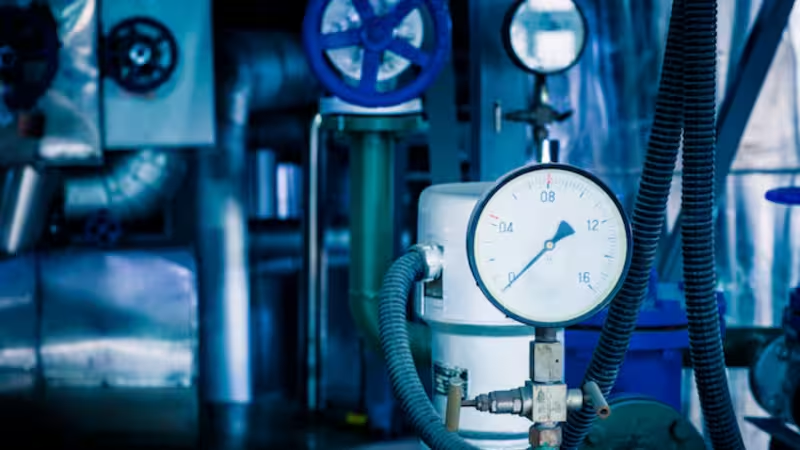Table of Contents:
- Overview of Modern Industrial Air Compressors
- Importance of Innovation in Compressor Technology
- Energy Efficiency and Environmental Considerations
- Advanced Control Systems and Automation
- Variable Speed Technology
- Durability and Maintenance Features
- Future Trends in Air Compressors
Overview of Modern Industrial Air Compressors
Modern industrial air compressors have undergone significant transformations to meet the growing demands of efficiency, sustainability, and reliability in various sectors. These compressors, integral to many manufacturing processes, have embraced various technological advances to enhance performance and reduce operational costs. As companies seek solutions tailored to their specific operational needs, exploring the innovative features of these machines becomes vital. For detailed options and features in the current market, click here.
Importance of Innovation in Compressor Technology
The pace of innovation in compressor technology plays a pivotal role in shaping how industrial processes are executed. With an emphasis on reducing energy consumption and improving operational efficiency, innovations focus on both incremental improvements and radical changes. These advancements assure businesses of achieving more with less, offering a competitive advantage. The integration of cutting-edge technologies that enhance operational flexibility and performance highlights why staying informed about these innovations is crucial for industries utilizing air compressors.
Energy Efficiency and Environmental Considerations
Energy efficiency is at the forefront of modern compressor design, with manufacturers striving to create machines that meet and exceed environmental standards. Compressors can operate with minimal energy wastage by employing advanced technologies such as variable speed drives and load/unload controls. These features support companies in their quest to lower carbon footprints and reduce energy costs substantially. Emphasizing sustainability, the U.S. Department of Energy notes advancements in energy efficiency as key drivers in the transition towards more sustainable industrial practices.
Advanced Control Systems and Automation
Infusing sophisticated control systems and automation into air compressors marks a significant leap forward. These systems enable precise management of compressor operations, providing real-time analytics and diagnostics to optimize performance across various load conditions. Automation not only enhances reliability but also cuts down on human intervention, reducing the risk of errors. As industries continue to lean on smart technologies, automated air compressors offer exemplary efficiency and uptime, ensuring smooth business operations and opening gateways to future innovations.
Variable Speed Technology
Variable speed technology represents a paradigm shift in the design and operation of air compressors. Unlike traditional compressors that rely on fixed-speed motors, modern compressors with variable speed drives adjust motor speed to match air demand. This technology provides unparalleled flexibility and efficiency, reducing energy consumption dramatically, particularly in scenarios with fluctuating demands. The flexibility offered by variable speed technology also extends the lifespan of compressors by minimizing wear and tear, ensuring operations remain cost-effective and sustainable over the long term.
Durability and Maintenance Features
Enhanced durability and simplified maintenance are essential for today’s industrial air compressors. Newer models are designed with robust materials and innovative components that withstand the rigors of industrial environments. Features such as easy-access panels and self-diagnostic systems facilitate routine maintenance and timely repairs, enabling longer life cycles and reducing downtime. Predictive maintenance capabilities, which utilize data analytics to foresee potential issues before they arise, are increasingly common, helping businesses avoid costly disruptions.
Future Trends in Air Compressors
The future of air compressors is set to be characterized by further integration of IoT and AI technologies, promoting smarter and more autonomous systems. These trends will enable greater control, monitoring, and energy management capabilities. Additionally, the shift towards renewable energy sources in compressor technology is expected to gain traction, further reducing emissions and driving sustainability. As manufacturers innovate, staying updated on industry developments will be paramount for businesses looking to harness the advantages offered by these cutting-edge air compressors.
Contact Us For More Information

